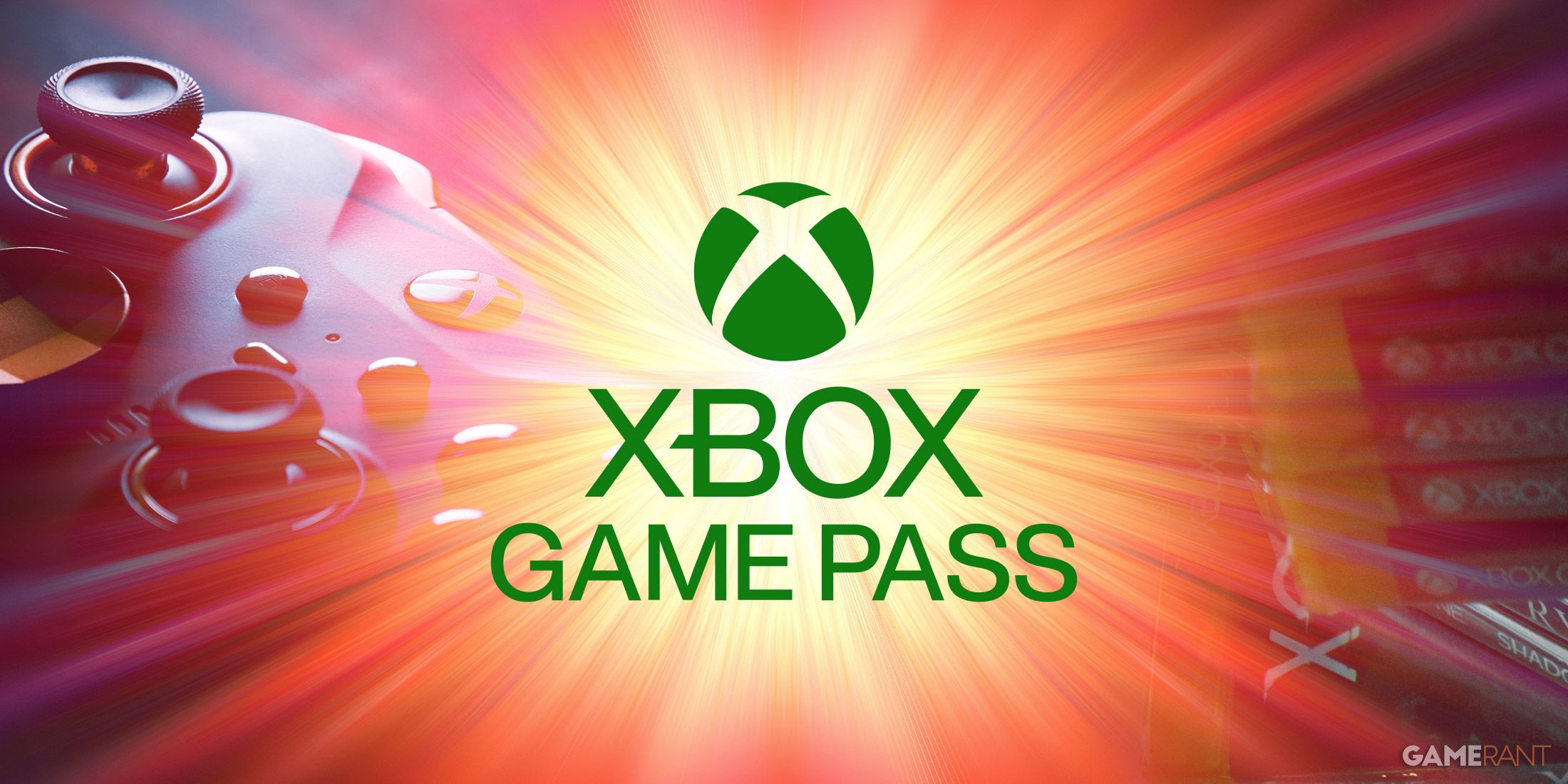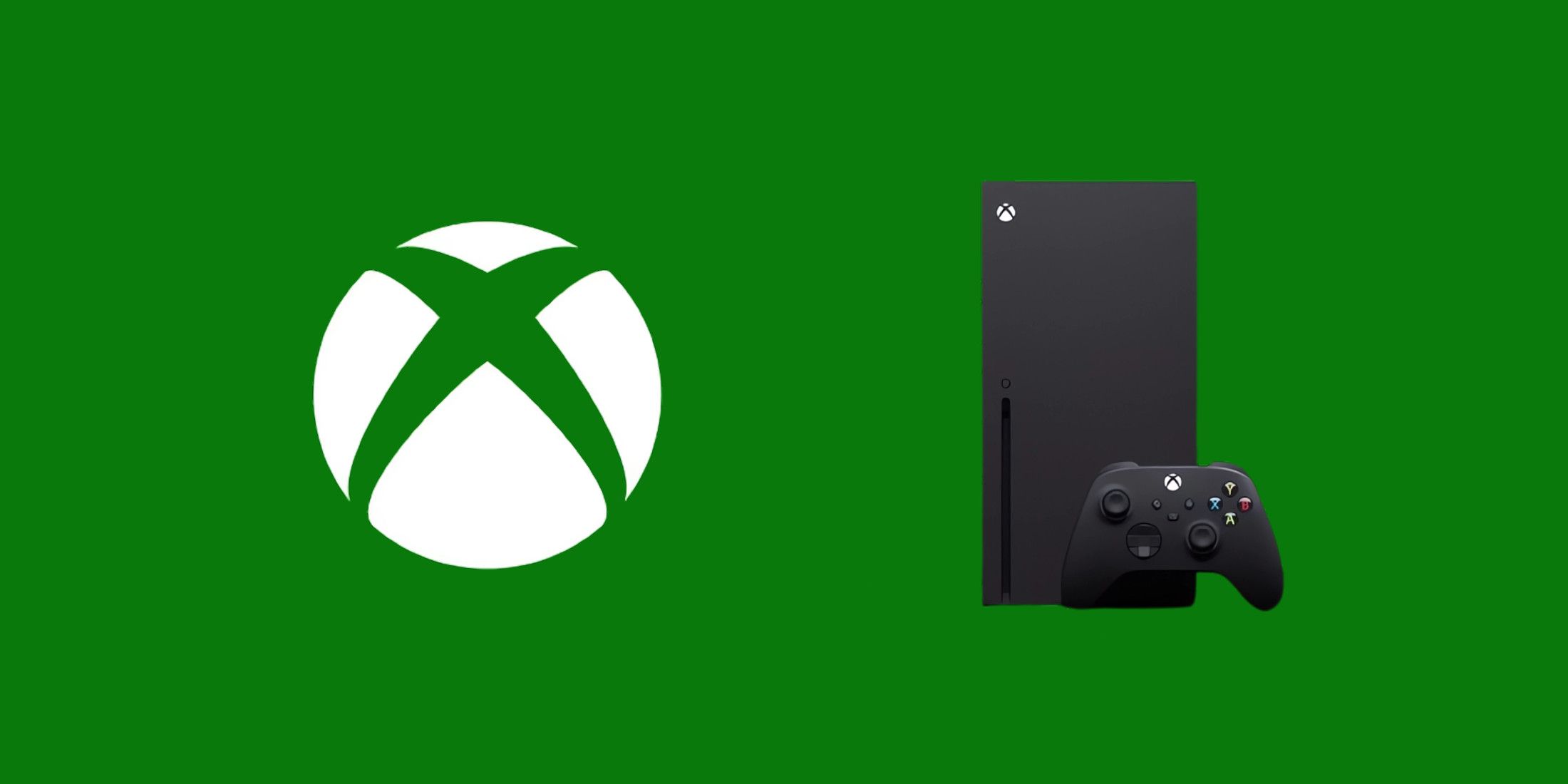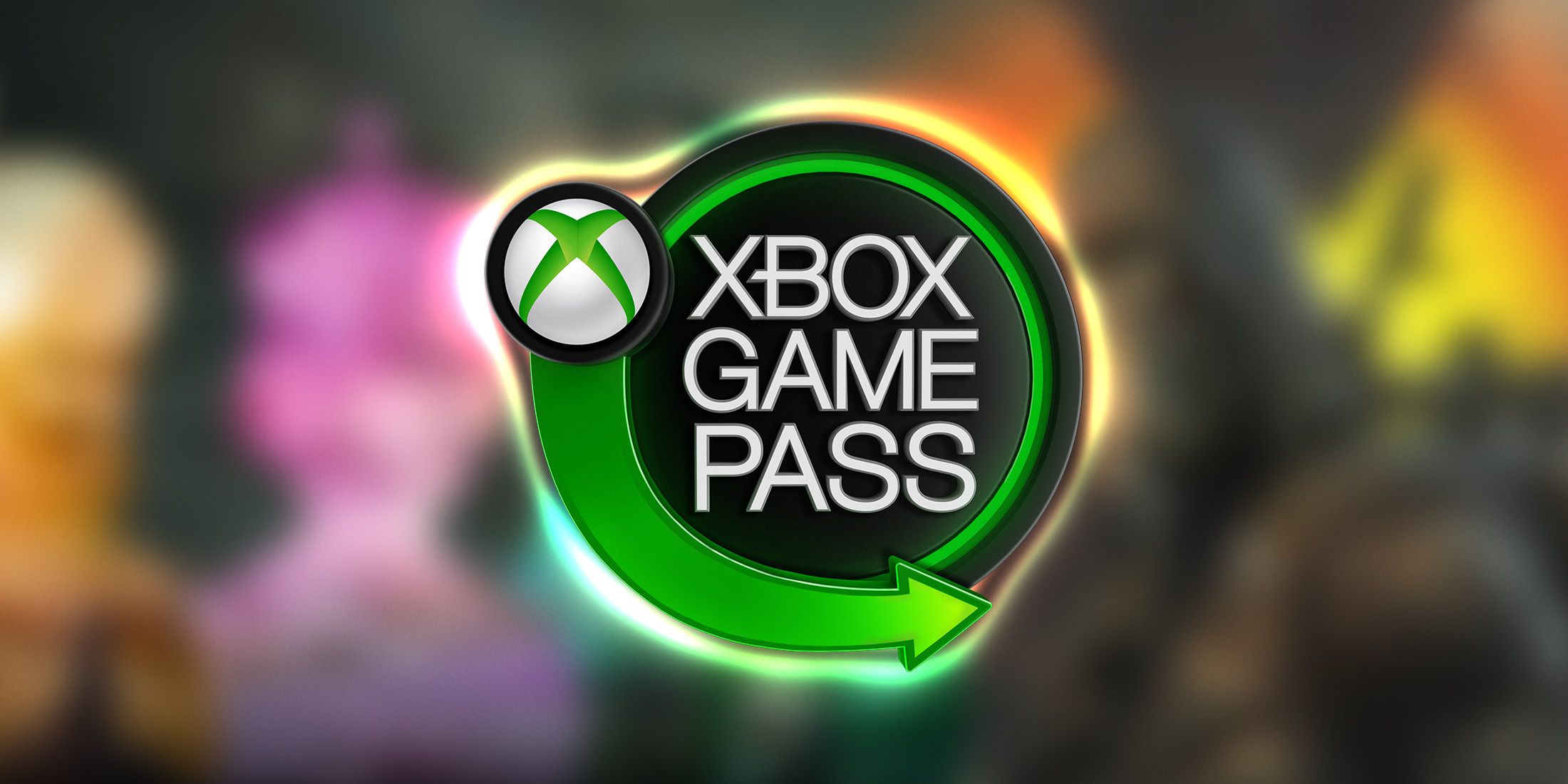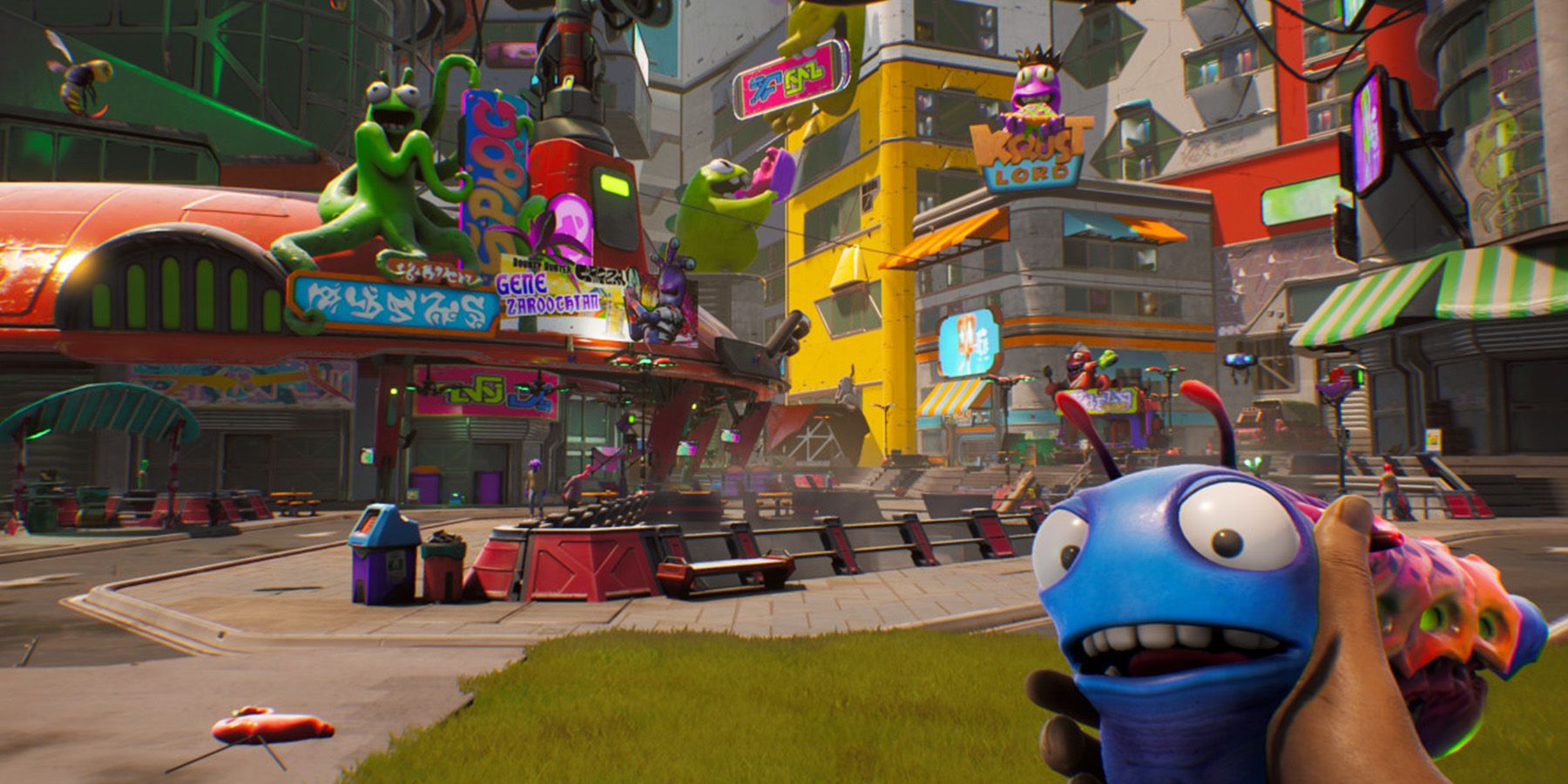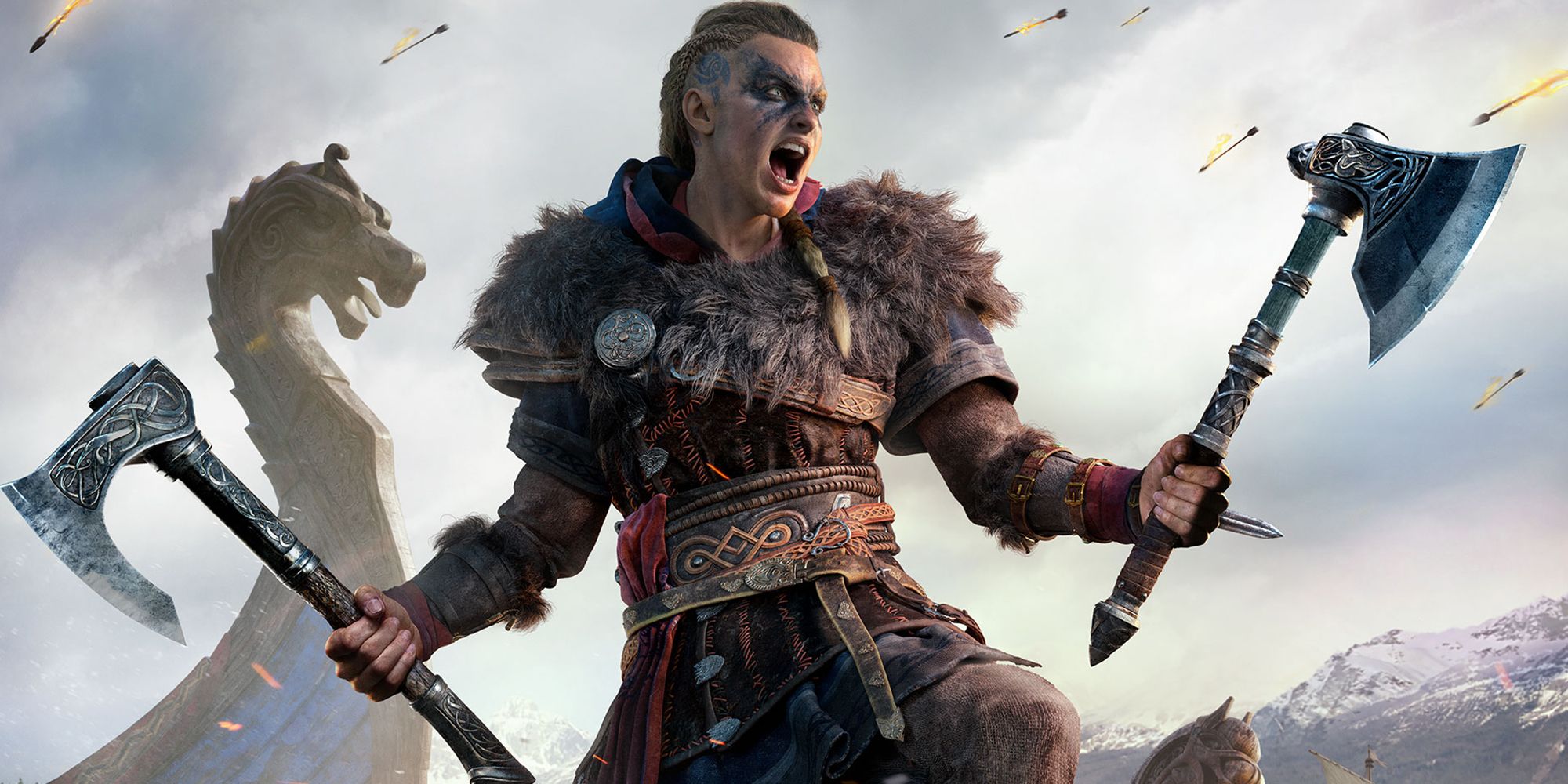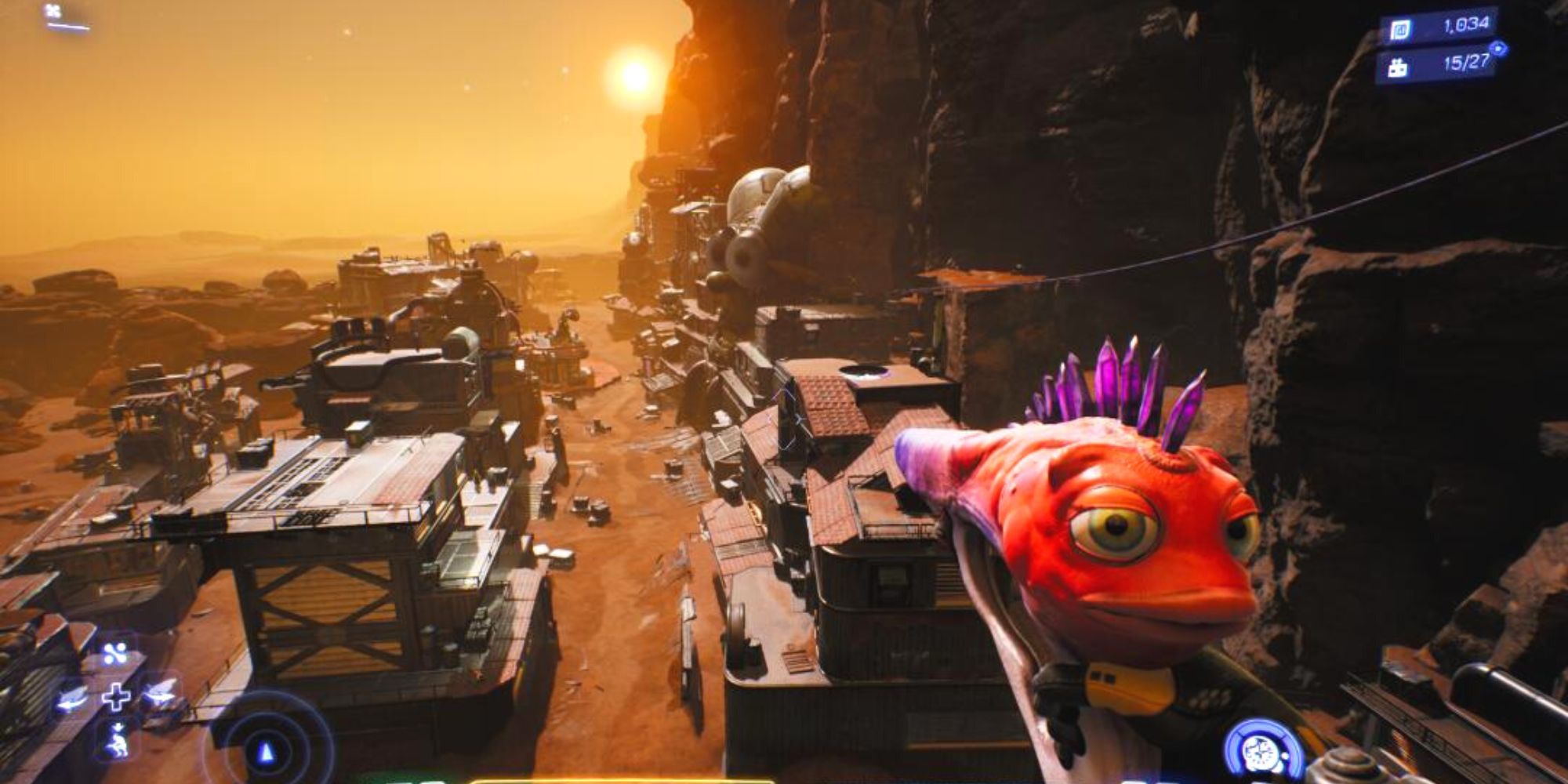It seems like every year there are countless live-service and 30-hour-long titles released, and it is only getting more common as the years go by. Many AAA developers want players' undivided attention and want to keep that attention throughout the year. While this practice is pretty common in multiplayer games, recent years have seen even single-player titles like Assassin's Creed becoming shorter or adopting this model. Some titles just keep getting bigger, but short titles like High on Life and Kena: Bridge of Spirits should change the game.
There are only so many hours in the day, and a lot of games demand that players spend most of those hours playing. It can get overwhelming, feel daunting, and force players to miss out on so many other titles. That is why shorter games like High on Life need to lead the industry to something new. These quick titles do not overstay their welcome, and they let players explore as many worlds as they can. While there is still a place for expansive RPGs, there should also be a move toward giving players quicker experiences as the new generation finally begins to kick off.
Too Many Games Demand Player's Attention
There are so many games releasing all the time, and this has given players virtually limitless video games to explore. 2023 will be packed with open-world games and a lot more, likely not being any different. Indie and AAA developers are constantly hard at work crafting unique experiences for players to enjoy. While some players may stick to the same one or two games, there are also some that want to experience a plethora of titles, and long games do not really let them do that.
AAA developers like Ubisoft have decided to go for longer titles instead of short ones, and that has burned some players out on franchises like Assassin's Creed. While the first Assassin's Creed took around 15 hours to complete, Assassin's Creed Valhalla could take players 60 or more hours to finish. The series has gotten drastically longer, and the amount of DLC that Ubisoft churns out has made these titles longer still. Ubisoft is not the only developer that has done this as studios like Bethesda, Rockstar, and Nintendo have also gone for the bigger is better approach with some of their titles.
Crafting long games is not inherently bad as games like Red Dead Redemption 2 and The Elder Scrolls 5: Skyrim really benefit from their length, but sometimes it can be a bit much. Sometimes the plot and mechanics do not justify this length, sometimes the game is needlessly padded out, and sometimes it is just a bit overwhelming. This can lead to a pretty weak experience after 50 hours of game time. Games like Assassin's Creed: Valhalla and Odyssey are clear examples of padding out games just to fill them with content, and that hurt the overall experience immensely. The more developers that try to craft 50-hour stories, the more daunting and less enjoyable gaming becomes.
There has also been a trend to try and capture the online space through numerous live service games, and those games tend to be even longer than the latest Assassin's Creed. The goal of live service titles like Fortnite and Apex Legends is to keep players active, and the developers want to give them little reason to head off to another title. These online games demand the undivided attention of the player, and that can lead to some players only playing one or two titles. Even if many live service games have failed to make an impact, it seems like most major studios are still actively working on their own iteration.
One of the biggest driving forces behind these online games is the limited-time items that they offer. If players are not constantly playing then they may miss out on some exclusive items, and that helps ensure that they do not head off to the next title. MMOs are notoriously grindy, as games like World of Warcraft can take thousands of hours to fully complete, and players have to have been playing since launch day to acquire everything that the game has to offer. As more of these types of games launch, many online players have had to focus their attention on only one or two of these if they really want to get the most out of them.
Short Games Need to Become More Prevalent
There are large games launching all the time that require constant play, but smaller games do not ask players to devote the same amount of hours. Games like High on Life, Kena: Bridge of Spirits, and A Plague Tale: Innocence take around 10 hours to complete the story. If players are only in it for the story, then they can quickly play through it, and move on to the next title. They do not have to push themselves through a 30-hour campaign, they do not have to keep coming back to see the next chapter, and there is little reason for them to linger longer than they have to.
These short video games allow players to play many different titles, and they are perfect for players with very busy schedules. Not everyone can devote hours of their weeks to playing these gigantic titles, and more games seem to be heading in that direction. While these titles are getting larger, the hours in the day have been staying the same. Short games are far easier to fit into these busy schedules, and the number of games that demand someone's attention has made some schedules even busier.
There is a place in the industry for expansive stories and live service titles in 2023 and beyond, but short games deserve just as much of a place. High on Life and Kena: Bridge of Spirits showed that there is an interest in these types of experiences, and the industry needs to explore their potential more. As schedules get busier and more expansive titles are released, short games need to be a major part of gaming's future.
High on Life is available now on PC, Xbox One, and Xbox Series X/S

